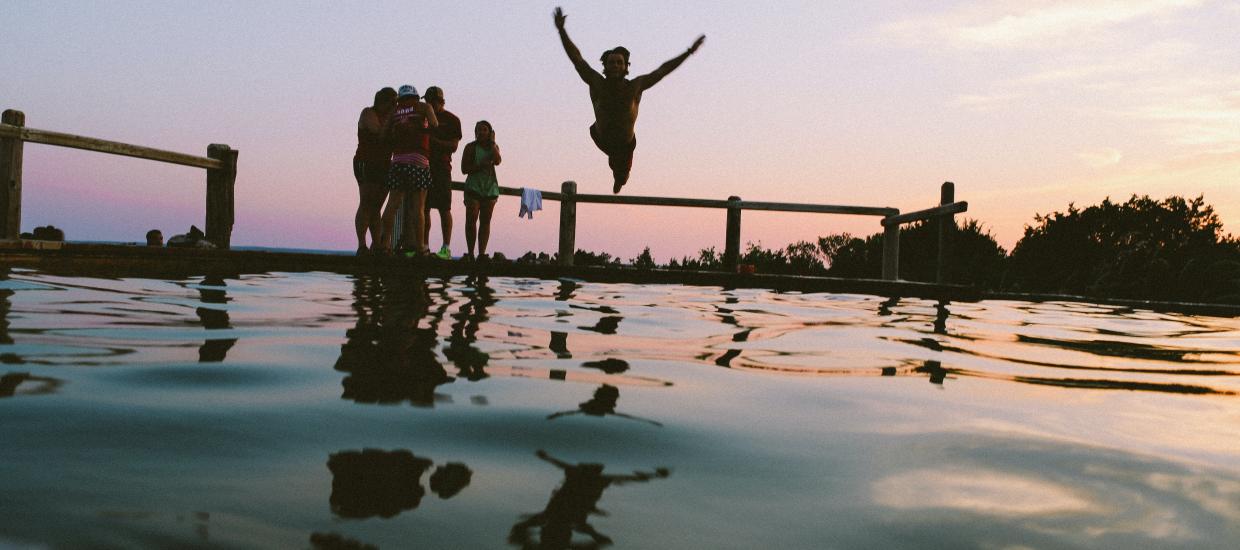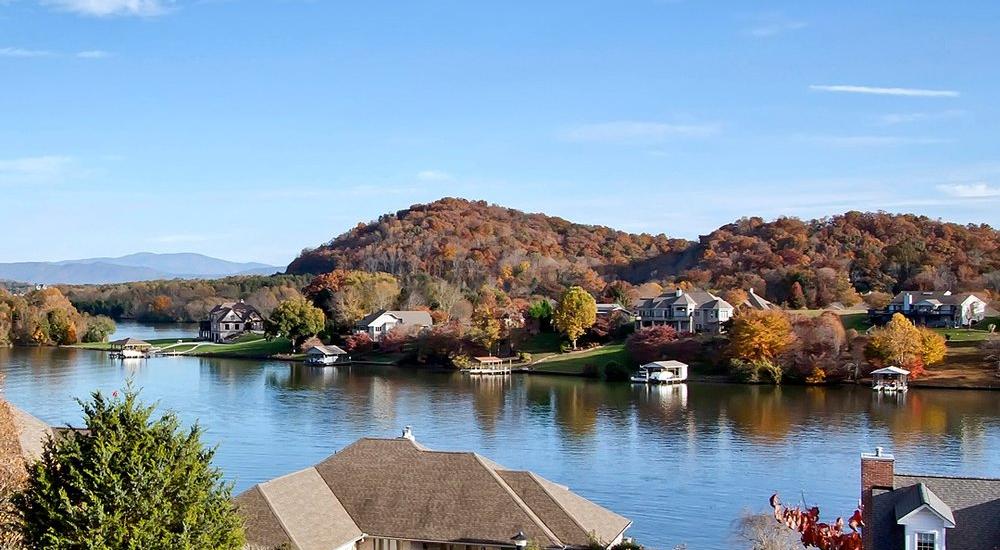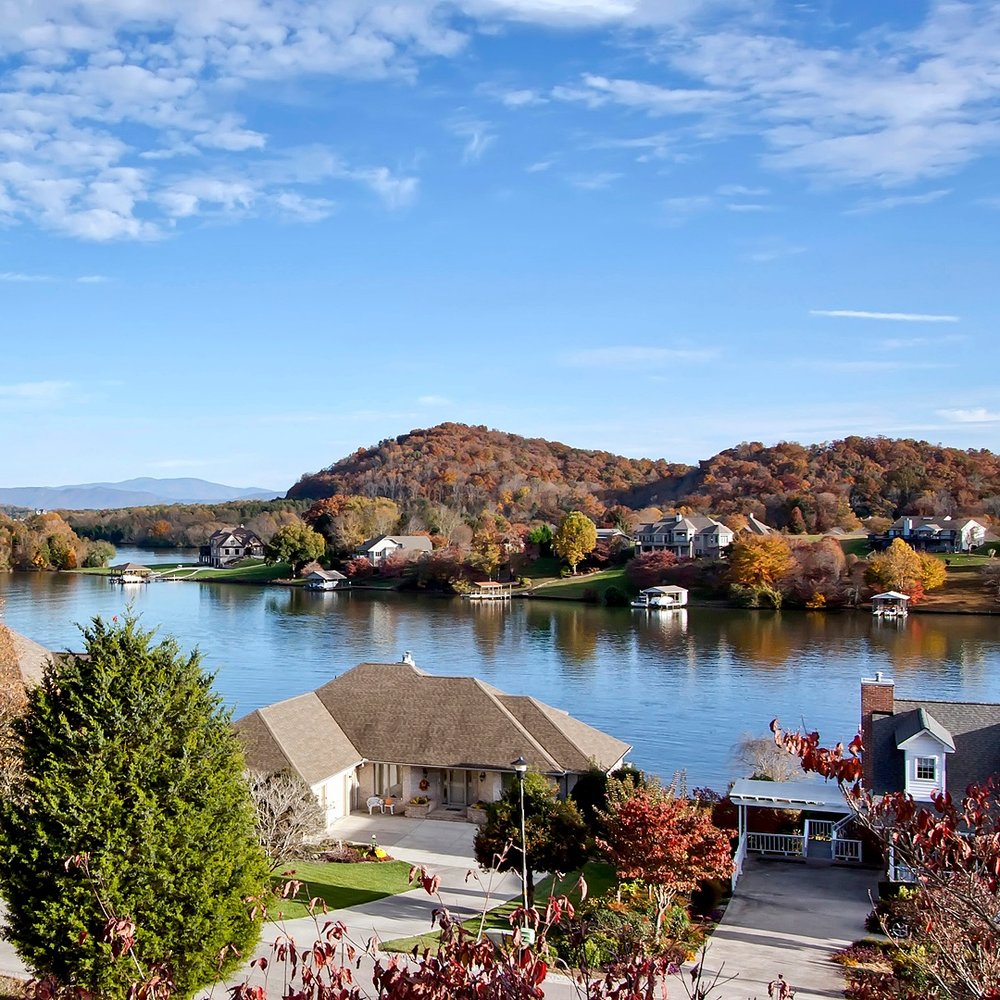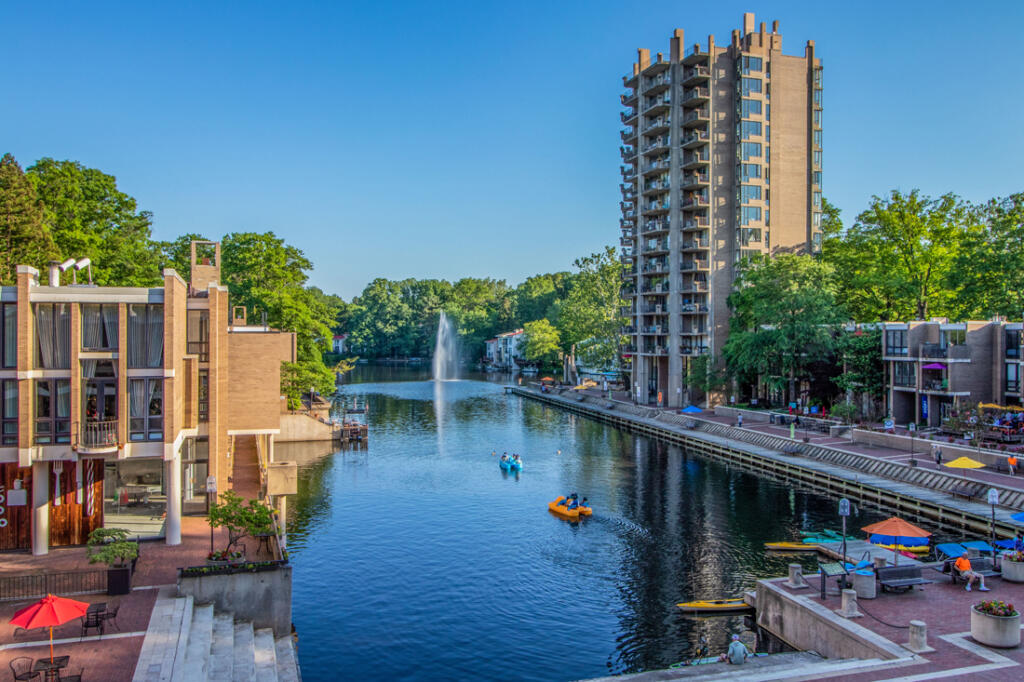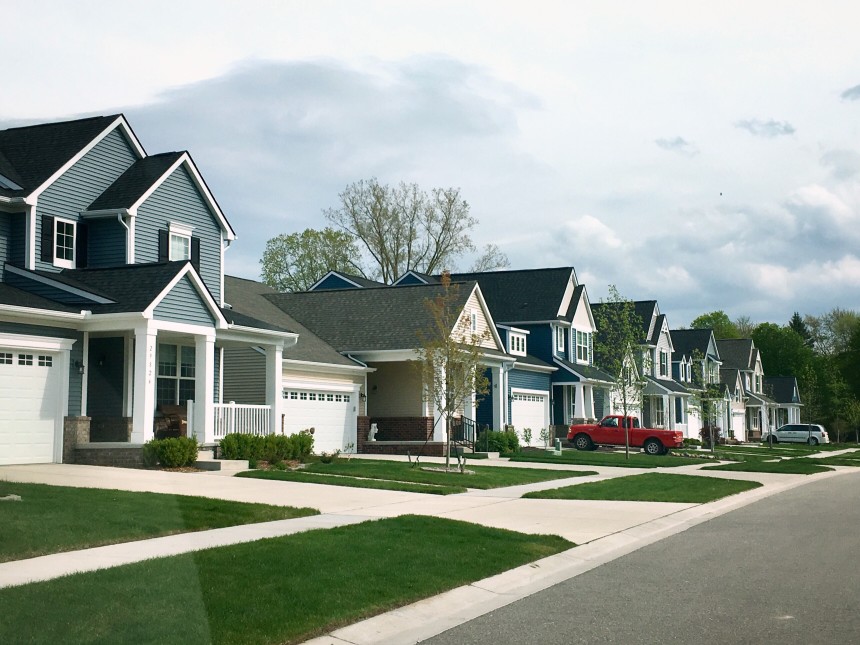
At Lake Homes Realty, we’re always talking about finding your dream home. We emphasize the importance of connecting with local real estate agents who have national expertise to guide your personalized search. Part of what our agents do so well is tailor their recommendations to what you’re looking for. A lake home for retirement? A lake area with a lot of families? We can help. We’re here to help you circumvent common buyer mistakes and help you pick a lake home that suits you.
In finding this dream home, a common mistake that buyers make is overlooking the importance of a lake community’s culture. A buyer may think that a neighborhood checks off all their boxes, but they forget to assess the cultural feel of the lake community. To understand more about this topic, we talked with Katie Severance, real estate agent and author of The Brilliant Home Buyer. Through her insights, we’re here to share some important ways to be a smarter buyer and find the right lake community for you.
Look for Signs of Expansion
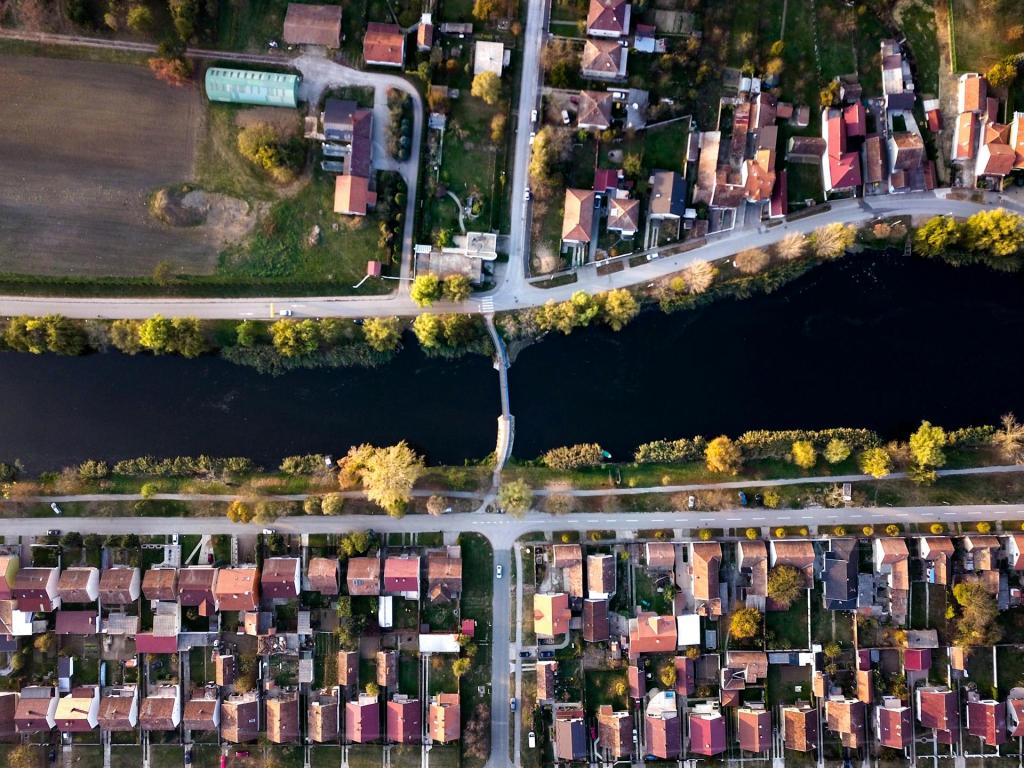
When looking for a lake community, it’s tempting to assess the area based on what features already exist. However, communities are constantly changing, and it’s more helpful to assess the community fit based on the trajectory in which the area is headed. Katie says, “See if there’s going to be an arrival or expansion of a nearby university, park, hotel, hospital, anything that’s coming soon. Nothing will have more of an impact on your home than the value of a community.” If you’re looking to live in a lake area with an up-and-coming lively scene full of amenities, ask about these expansion plans.
Ask for the Town Hall Minutes

You can tell a lot about a lake community by how it’s run. A lot of homeowners bypass this consideration, but Katie encourages asking yourself: “If there’s an HOA and town council, are they dysfunctional? Do they get along? Are they running efficiently?” One way to investigate this is by asking for six months’ worth of minutes from the local town hall. Not only will you determine how well-run they are, but you’ll also get insight into what issues are prevalent in the community. Katie also advises getting a copy of their bylaws, rules, and regulations, if they exist. This will tell you how you’re allowed to use the water, and what the restrictions are in terms of access and land use.
Another important consideration to look for in these minutes is indicators of the town’s politics. “A lot of communities skew one way or the other,” Katie says, “If you’re a liberal in a conservative area, you’re going to be unhappy.”
Check the News and Social Media

If anything bad has happened in your potential neighborhood (e.g., environmental concerns, crime issues, etc.), chances are, it would be reported in the newspaper of the nearest town or city. “Put the town in quotes in Google,” Katie advises. “A real estate agent isn’t allowed to talk with you about crime, and they also don’t have to tell you if someone died in the house.” Googling these potential issues in the news will help cover your bases.
Another great tool is social media. In addition to asking the realtor what the culture of the community is like, Katie suggests using social media “to see how people talk to and treat each other.”
Know Your Neighbors

One of the best ways to learn about your lake community’s culture is by getting to know your neighbors. Use Facebook groups to check in with people who live there, let them know you’re looking to buy a home, and ask your questions. Another neighbor-related consideration is checking what percentage of homeowners are year-round residents. “In a co-op, the value of the building is higher if they are owner-occupied. At a lake house, this isn’t quite the same, but you might have renters who are loud and obnoxious,” she explains. “If it’s a giant lake VRBO, that wouldn’t be a good choice. It’s a really hard thing to remedy.”
In your search for your dream lake community, be sure to contact one of our lake agents who will help personalize your search.

